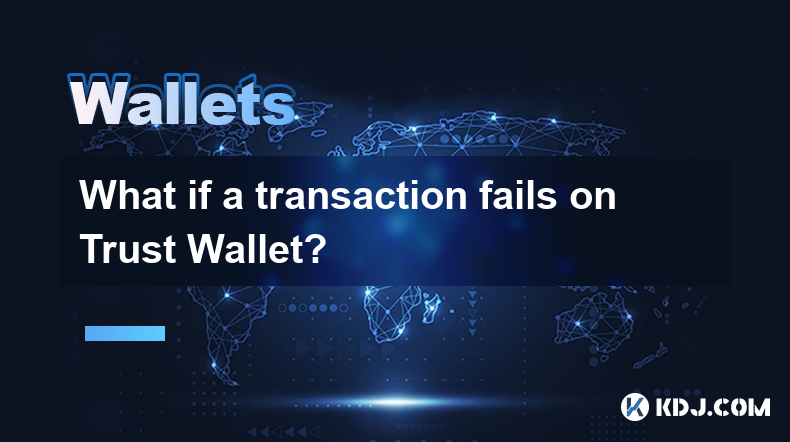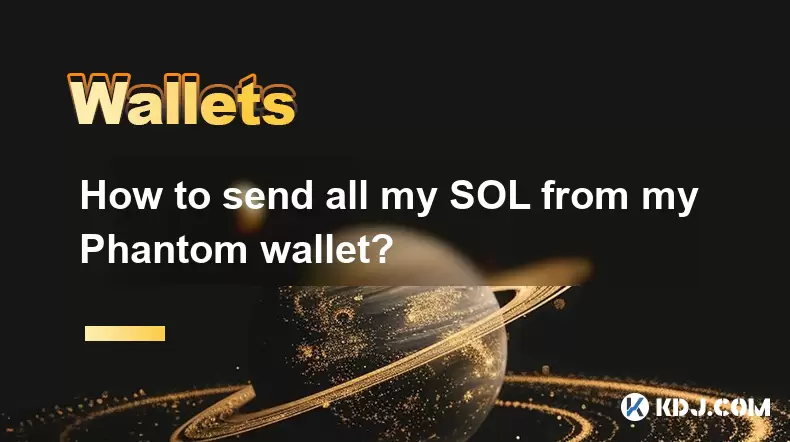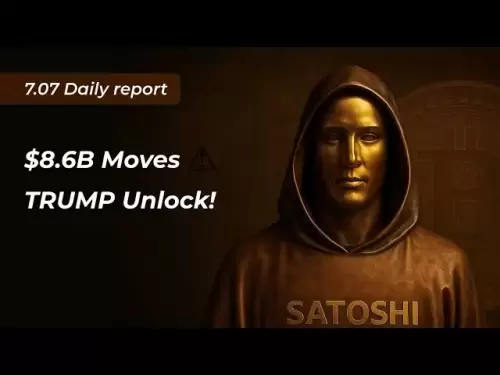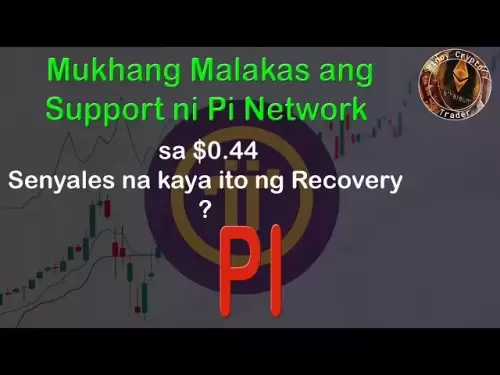-
 Bitcoin
Bitcoin $108,708.8110
0.60% -
 Ethereum
Ethereum $2,561.6057
1.91% -
 Tether USDt
Tether USDt $1.0001
-0.03% -
 XRP
XRP $2.2795
0.57% -
 BNB
BNB $662.2393
1.00% -
 Solana
Solana $153.1346
3.74% -
 USDC
USDC $1.0000
0.00% -
 TRON
TRON $0.2877
0.97% -
 Dogecoin
Dogecoin $0.1710
3.93% -
 Cardano
Cardano $0.5871
1.61% -
 Hyperliquid
Hyperliquid $39.6663
1.68% -
 Sui
Sui $2.9032
0.79% -
 Bitcoin Cash
Bitcoin Cash $496.1879
1.71% -
 Chainlink
Chainlink $13.5807
3.01% -
 UNUS SED LEO
UNUS SED LEO $9.0777
0.61% -
 Stellar
Stellar $0.2514
4.51% -
 Avalanche
Avalanche $18.1761
1.86% -
 Shiba Inu
Shiba Inu $0.0...01173
1.72% -
 Toncoin
Toncoin $2.8010
-4.23% -
 Hedera
Hedera $0.1594
3.21% -
 Litecoin
Litecoin $87.0257
-0.53% -
 Monero
Monero $319.1217
1.79% -
 Polkadot
Polkadot $3.3853
0.68% -
 Dai
Dai $0.9999
-0.01% -
 Ethena USDe
Ethena USDe $1.0003
0.02% -
 Bitget Token
Bitget Token $4.3420
-0.97% -
 Uniswap
Uniswap $7.3772
1.39% -
 Aave
Aave $286.6277
5.61% -
 Pepe
Pepe $0.0...09994
2.33% -
 Pi
Pi $0.4589
1.76%
What if a transaction fails on Trust Wallet?
Transaction failures on Trust Wallet can be due to insufficient funds, incorrect gas fees, or network congestion; here's how to troubleshoot and resolve these issues.
Apr 16, 2025 at 05:15 am

If a transaction fails on Trust Wallet, it can be a frustrating experience. However, understanding the reasons behind the failure and knowing how to address the issue can help you manage such situations effectively. This article will delve into the common causes of transaction failures on Trust Wallet, how to troubleshoot them, and what steps you can take to resolve the issues.
Common Causes of Transaction Failures
Transaction failures on Trust Wallet can occur due to several reasons. One of the most common causes is insufficient funds in your wallet. If you attempt to send more cryptocurrency than you have available, the transaction will fail. Another frequent issue is incorrect gas fees. On networks like Ethereum, setting the gas fee too low can result in the transaction being stuck in the mempool or outright rejected. Additionally, network congestion can lead to transaction failures, as high traffic on the blockchain can delay or prevent transactions from being processed.
Insufficient Funds: How to Check and Resolve
If you suspect that your transaction failed due to insufficient funds, the first step is to check your wallet balance. Here's how you can do it in Trust Wallet:
- Open the Trust Wallet app on your device.
- Navigate to the main wallet screen where you can see all your cryptocurrencies.
- Check the balance of the specific cryptocurrency you attempted to send.
If your balance is indeed lower than the transaction amount, you'll need to either deposit more funds into your wallet or reduce the amount you're trying to send. To deposit more funds:
- Click on the "Receive" button for the specific cryptocurrency.
- Copy the wallet address and use it to send funds from another wallet or exchange.
Incorrect Gas Fees: Setting the Right Amount
Setting the correct gas fees is crucial for successful transactions, especially on the Ethereum network. If your transaction failed due to incorrect gas fees, you can adjust them as follows:
- Open the Trust Wallet app and go to the "Send" section for the cryptocurrency you want to transfer.
- Enter the recipient's address and the amount you wish to send.
- Look for the "Gas Fee" section. You can usually adjust the gas price and gas limit here.
- Increase the gas price to a higher value to ensure your transaction gets processed faster. Websites like EthGasStation can provide real-time gas price recommendations.
- Confirm the transaction with the new gas settings.
Network Congestion: Waiting or Switching Networks
When network congestion is the cause of your transaction failure, patience might be required. You can check the current network status on blockchain explorers like Etherscan for Ethereum or BscScan for Binance Smart Chain. If the network is congested, you might need to wait for the traffic to subside before resending your transaction.
Alternatively, if you have the option, consider switching to a less congested network. For example, if you're trying to send Ethereum and the network is busy, you might use a layer-2 solution like Polygon (MATIC) instead. Here's how to switch networks in Trust Wallet:
- Open the Trust Wallet app.
- Tap on the top of the screen where it shows the current network (e.g., "Ethereum Mainnet").
- Select a different network from the list, such as "Polygon Mainnet".
- Proceed with your transaction on the new network.
Transaction Stuck in Mempool: How to Resolve
If your transaction is stuck in the mempool, it means it's pending but not yet confirmed. You can try to speed up the transaction by increasing the gas fee. Here's how to do it in Trust Wallet:
- Open the Trust Wallet app and go to the "Transactions" section.
- Find the pending transaction and tap on it.
- Look for an option to "Speed Up" or "Cancel" the transaction. If available, choose "Speed Up".
- Adjust the gas fee to a higher amount and confirm the new transaction.
If the "Speed Up" option is not available, you might need to wait for the transaction to either be processed or dropped from the mempool. In some cases, you can use a third-party service like MEV-Boost to help expedite the transaction.
Transaction Rejected: Understanding and Resolving
If your transaction is rejected by the network, it could be due to various reasons such as invalid recipient address, smart contract issues, or insufficient gas. Here's how to troubleshoot and resolve a rejected transaction:
- Invalid Recipient Address: Double-check the recipient's address for any typos or errors. Make sure it's a valid address for the network you're using.
- Smart Contract Issues: If you're interacting with a smart contract, ensure that the contract address is correct and that you're using the right function call. Sometimes, smart contracts can have bugs or be out of sync with the network.
- Insufficient Gas: As mentioned earlier, ensure that you're setting the gas fee high enough to cover the transaction costs.
To resend the transaction after resolving these issues:
- Open the Trust Wallet app and go to the "Send" section.
- Enter the corrected recipient address and the amount you wish to send.
- Adjust the gas fee if necessary.
- Confirm the transaction.
Frequently Asked Questions
Q: Can I recover the gas fees if my transaction fails on Trust Wallet?
A: Unfortunately, gas fees are non-refundable. Once you've paid the gas fee for a transaction, it cannot be recovered, even if the transaction fails.
Q: How long should I wait for a stuck transaction to be processed?
A: The time it takes for a stuck transaction to be processed can vary widely depending on network conditions. It could take anywhere from a few minutes to several hours or even days. Monitoring the network's congestion level can give you a better idea of when to expect resolution.
Q: Is there a way to cancel a pending transaction on Trust Wallet?
A: Yes, if the "Cancel" option is available for your pending transaction, you can use it to cancel the transaction. However, you'll still need to pay the gas fee for the cancellation.
Q: Can I use Trust Wallet on multiple devices to manage my transactions?
A: Yes, you can use Trust Wallet on multiple devices. Just make sure to use the same recovery phrase to access your wallet on different devices. However, for security reasons, it's recommended to use one primary device for managing your transactions.
Disclaimer:info@kdj.com
The information provided is not trading advice. kdj.com does not assume any responsibility for any investments made based on the information provided in this article. Cryptocurrencies are highly volatile and it is highly recommended that you invest with caution after thorough research!
If you believe that the content used on this website infringes your copyright, please contact us immediately (info@kdj.com) and we will delete it promptly.
- Bitcoin Wallet Hack? Coinbase Exec Sounds the Alarm on $8B Whale Movement
- 2025-07-07 18:30:12
- Mercado Bitcoin, Tokenization, and XRP Ledger: A Latin American Power Play
- 2025-07-07 18:30:12
- XYZVerse, Wall Street, and the Crypto Upswing: What's the Deal?
- 2025-07-07 19:10:12
- AI, Web3, and Communities: Building the Future Together
- 2025-07-07 19:10:12
- AurealOne: A Promising Early-Stage Metaverse Project
- 2025-07-07 19:15:12
- Dogecoin Price: Crypto Market Analysis and the Musk Effect
- 2025-07-07 19:50:12
Related knowledge

How to cancel a pending transaction in Phantom wallet?
Jul 03,2025 at 07:21pm
Understanding Pending Transactions in Phantom WalletA pending transaction in the Phantom wallet occurs when a user initiates a transfer or interaction with the Solana blockchain, but it hasn't yet been confirmed by the network. This can happen due to various reasons such as low transaction fees, network congestion, or incorrect gas settings. It's import...

How to see the estimated value of my tokens in Phantom wallet?
Jul 04,2025 at 12:21am
What is Phantom Wallet?Phantom wallet is one of the most popular cryptocurrency wallets designed for the Solana blockchain. It allows users to store, send, receive, and manage various tokens built on Solana, including SPL tokens and NFTs. The wallet offers a user-friendly interface, making it accessible for both beginners and advanced users in the crypt...

How to lock my Phantom wallet extension?
Jul 03,2025 at 11:14am
What Is the Phantom Wallet and Why Lock It?The Phantom wallet is a popular non-custodial cryptocurrency wallet designed for interacting with the Solana blockchain. Supporting both browser extensions and mobile apps, Phantom allows users to store, send, receive, and stake SOL tokens, as well as interact with decentralized applications (dApps). Securing y...

Does Phantom wallet offer two-factor authentication (2FA)?
Jul 03,2025 at 09:00am
Understanding Phantom Wallet and Its Security FeaturesPhantom wallet is a widely used non-custodial cryptocurrency wallet that supports the Solana blockchain. It allows users to store, send, receive, and interact with decentralized applications (dApps) seamlessly. As security is a top priority for any crypto wallet user, security features like two-facto...

How to send all my SOL from my Phantom wallet?
Jul 06,2025 at 10:00am
Preparing to Send SOL from Your Phantom WalletBefore initiating any transaction, it is crucial to ensure that your Phantom wallet is fully set up and connected to the correct network. Phantom supports multiple networks, but for sending SOL, you must be on the Solana blockchain. Confirm this by checking the network indicator in the top-right corner of th...

What is "rent" on Solana and how does it affect my Phantom wallet?
Jul 02,2025 at 08:35pm
Understanding 'Rent' on SolanaIn the context of Solana, the term 'rent' refers to a storage fee that users pay for maintaining data on the blockchain. Unlike Ethereum, where storage costs are paid once via gas fees during contract deployment, Solana implements a recurring cost model to ensure efficient usage of network resources. This means that any acc...

How to cancel a pending transaction in Phantom wallet?
Jul 03,2025 at 07:21pm
Understanding Pending Transactions in Phantom WalletA pending transaction in the Phantom wallet occurs when a user initiates a transfer or interaction with the Solana blockchain, but it hasn't yet been confirmed by the network. This can happen due to various reasons such as low transaction fees, network congestion, or incorrect gas settings. It's import...

How to see the estimated value of my tokens in Phantom wallet?
Jul 04,2025 at 12:21am
What is Phantom Wallet?Phantom wallet is one of the most popular cryptocurrency wallets designed for the Solana blockchain. It allows users to store, send, receive, and manage various tokens built on Solana, including SPL tokens and NFTs. The wallet offers a user-friendly interface, making it accessible for both beginners and advanced users in the crypt...

How to lock my Phantom wallet extension?
Jul 03,2025 at 11:14am
What Is the Phantom Wallet and Why Lock It?The Phantom wallet is a popular non-custodial cryptocurrency wallet designed for interacting with the Solana blockchain. Supporting both browser extensions and mobile apps, Phantom allows users to store, send, receive, and stake SOL tokens, as well as interact with decentralized applications (dApps). Securing y...

Does Phantom wallet offer two-factor authentication (2FA)?
Jul 03,2025 at 09:00am
Understanding Phantom Wallet and Its Security FeaturesPhantom wallet is a widely used non-custodial cryptocurrency wallet that supports the Solana blockchain. It allows users to store, send, receive, and interact with decentralized applications (dApps) seamlessly. As security is a top priority for any crypto wallet user, security features like two-facto...

How to send all my SOL from my Phantom wallet?
Jul 06,2025 at 10:00am
Preparing to Send SOL from Your Phantom WalletBefore initiating any transaction, it is crucial to ensure that your Phantom wallet is fully set up and connected to the correct network. Phantom supports multiple networks, but for sending SOL, you must be on the Solana blockchain. Confirm this by checking the network indicator in the top-right corner of th...

What is "rent" on Solana and how does it affect my Phantom wallet?
Jul 02,2025 at 08:35pm
Understanding 'Rent' on SolanaIn the context of Solana, the term 'rent' refers to a storage fee that users pay for maintaining data on the blockchain. Unlike Ethereum, where storage costs are paid once via gas fees during contract deployment, Solana implements a recurring cost model to ensure efficient usage of network resources. This means that any acc...
See all articles

























































































